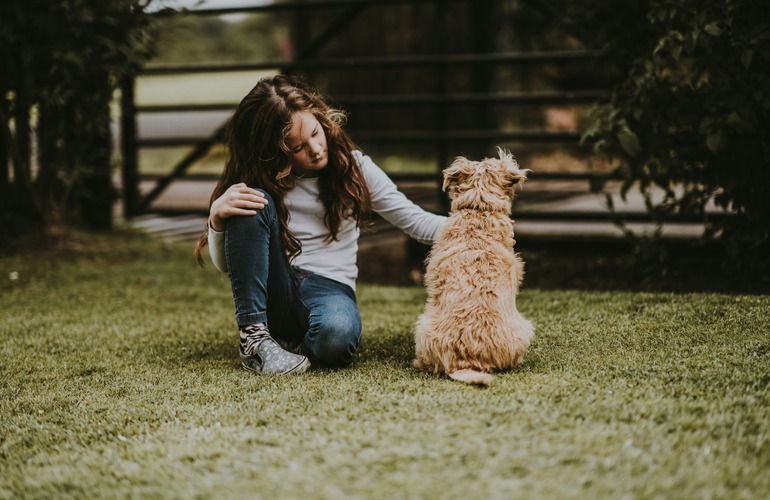A Look at Pet Custody and a Landmark UK Case

A dog they say is a man (or woman's) best friend. But which owner is 'best in class' when it comes down to custody during divorce. A breakthrough Court decision may be a game changer.
According to the 2024 National Dog Survey by Dogs Trust, 99% of dog owners said their dogs were "family". Another research by Purina reported that 73% considered their pets to be "one of our best friends".
Perhaps this is not surprising considering we are supposedly a nation of animal lovers, but what may come as a surprise to most people is that our pets are not viewed as such when it comes to the law.
As the law stands in England and Wales, pets are regarded as 'Chattels' - exactly the same as any other possession such as a car or furniture, but unless you have a prize pig, champion canine, stud stallion or suchlike with a high value, your pet pooch will be treated as such by the Court.
It is always advisable to mediate in the first instance to avoid expensive Court costs, or even better, have a pre-nup in place which accommodates for the care of your pet in the unfortunate circumstances of divorce or separation. However, if a couple are unable to come to an amicable agreement then a Court may make a judgement based on establishing ownership rights and affordability considering documentation such as :-
- purchase/adoption records.
- registration, microchipping/tags
- veterinary records.
As anyone who has a much- loved pet knows, they are part of the family and not just part of the furniture, which is why a breakthrough case decided in December 2024 marked a significant change in attitude towards the welfare of a dog which was akin to the approach taken in Children Act proceedings.
The case - (aptly named) FI v DO (2024) EWFC 384 (B)
The court was required to determine the ownership of a golden retriever following the breakup of a long marriage. The wife argued that the dog was a family pet.
The emotional attachment and role of pets in the family dynamics influenced the court's decision-making process in this matrimonial finances case in which the husband also declared ownership of the family dog. Acknowledging that the husband had contributed more in financial terms to the purchase of the dog, the Court nevertheless found that it was in the best interests of the dog to remain in the home of the wife as she had been the main caregiver for the 18 months since separation. Significant weight was also given to the close bond between the children and the dog, with the court noting the dog's home with the wife and children was his "safe place".
The outcome of this case has captured the interest of a growing group of solicitors and Barristers intent on changing the law surrounding this emotive subject, which would bring us in line with our European neighbours who recognize pets as "living, sentient beings" instead of mere objects.
Back to blog